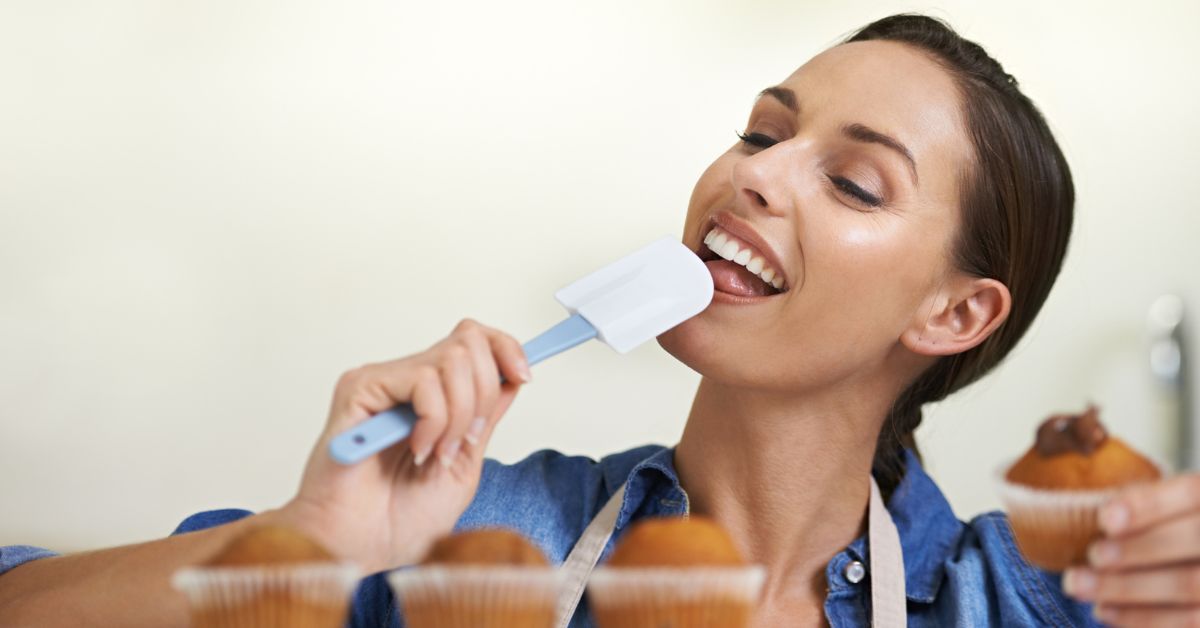After dental implant surgery, taking care of your mouth is crucial for a smooth recovery process. One of the most common questions people ask is whether they can eat bread after getting a dental implant. While it’s important to follow your dentist’s instructions for the first few weeks, understanding which foods are safe and when you can introduce solid foods like bread is key to ensuring your recovery remains on track. In this article, we will discuss when and why you can eat bread after dental implants and explore the best dietary choices during the healing process.
Can I Eat Bread Right After Getting a Dental Implant?
After dental implant surgery, it’s essential to stick to a soft food diet to prevent discomfort and complications. Bread, although a staple in many diets, might not be the best food choice immediately following your surgery. The first few days after your implant procedure are crucial, and you’ll want to avoid foods that are too chewy or tough, as they could put stress on the surgical site.
Key Points to Consider:
-
Soft Bread vs. Hard Crust: Opt for soft, non-crusty bread. Hard or chewy bread could cause irritation or damage to the healing area.
-
Timing: You can usually reintroduce soft bread into your diet after the first few weeks, once your implants have had time to heal.
What Kind of Bread Can You Eat After Dental Implant Surgery?
Not all bread is created equal when it comes to post-surgery diets. While it’s tempting to go for your favorite loaf, choosing the right kind of bread can make a significant difference in your comfort and recovery.
-
Soft Sandwich Bread: This is the most ideal option. Choose bread that’s light and soft without a tough crust.
-
Bread without Seeds or Nuts: Avoid breads with hard seeds or nuts, as these could become lodged in the implant area and cause irritation.
-
Whole Grain vs. White Bread: While whole grain bread is healthier, white bread may be easier to eat and less likely to irritate sensitive gums.
The Importance of Post-Surgery Diet in Recovery
The foods you eat after a dental implant procedure play a significant role in how quickly and effectively your body heals. For the first few days to weeks, stick to a soft, nutrient-rich diet to aid in recovery and avoid any complications.
Recommended Foods Post-Surgery:
-
Soups and Broths: These are easy to consume and provide hydration.
-
Mashed Potatoes: Soft, easy-to-swallow, and filling.
-
Yogurt and Smoothies: Perfect for getting nutrients without straining your gums.
How Long Should You Wait to Eat Bread After a Dental Implant?
As mentioned earlier, you should avoid hard or crusty bread in the immediate days following your implant surgery. It’s best to stick to a soft food diet for at least the first 7-10 days to give your gums time to heal. After that, you can begin to introduce soft bread back into your meals, but make sure it’s easy to chew and doesn’t cause discomfort.
-
Weeks 1-2: Focus on liquids and soft foods.
-
Week 3 and Beyond: Slowly begin adding soft bread or other solid foods as tolerated.
Can Eating Bread Impact the Success of Your Dental Implant?
Eating bread, especially in the early stages of recovery, is not likely to impact the success of your dental implant if done correctly. However, eating tough or crusty bread too soon can affect the healing process by placing undue pressure on your implants or causing irritation to the area.
Things to Keep in Mind:
-
Chew on the opposite side of the implant to avoid unnecessary pressure.
-
Always listen to your body—if eating bread or any other food causes discomfort, it’s better to wait longer before attempting it again.
FAQs
1. When can I start eating solid foods after dental implant surgery?
You should begin with soft foods for the first 7-10 days. After that, you can slowly reintroduce solid foods like soft bread, following your dentist’s advice.
2. Can I eat hard bread after dental implant surgery?
Hard bread is not recommended during the first few weeks as it can cause pressure on the implant area. Stick to soft bread until you’re fully healed.
3. Is it okay to eat bread every day after a dental implant?
Yes, as long as the bread is soft and easy to chew. Avoid crusty bread that can irritate the healing area.
4. Can bread affect the success of my dental implant?
If eaten too soon or if the bread is too tough, it can irritate the implant area. It’s important to eat soft bread and follow post-surgery dietary recommendations.
5. What other foods should I avoid after dental implant surgery?
Avoid hard, crunchy, or sticky foods, as they may damage the implant site. Foods like nuts, popcorn, and chewy candy should be avoided until fully healed.
6. Can I drink beverages with bread after dental implant surgery?
Yes, drinking beverages like water or tea with bread can help make swallowing easier, especially if the bread is soft and easy to chew.
Conclusion
While you may be eager to return to your regular diet, it’s crucial to allow your dental implant to heal properly before introducing harder foods like bread. Stick to soft, easy-to-chew options during the first few weeks, and slowly incorporate bread as your gums and implants heal. By following these guidelines and staying in close communication with your dentist, you can help ensure a smooth recovery and enjoy a full, healthy diet again soon.
